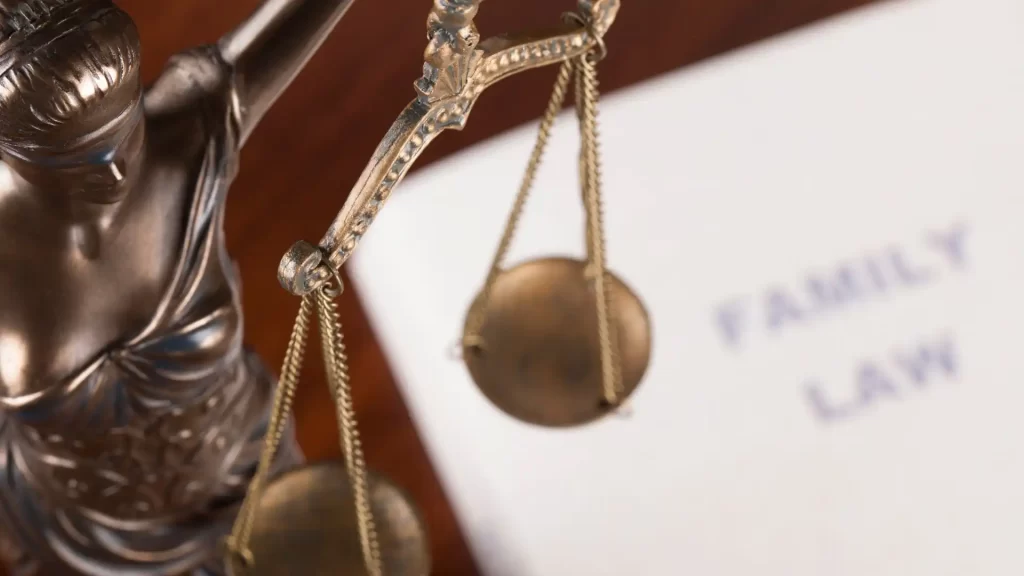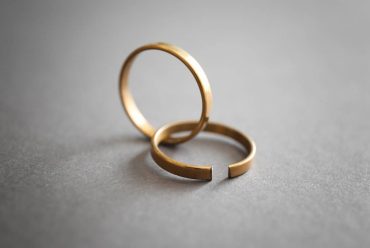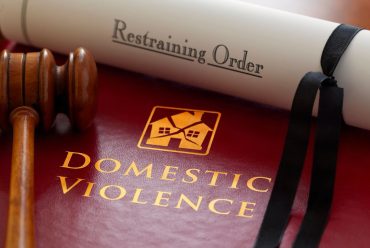What Happens to Joint Debt After a Divorce in Ontario?
When you’ve shared years together in marriage, managing money often becomes a team effort. But when a marriage ends, untangling joint finances can get messy fast. Who’s responsible for the mortgage? What happens to the car loan or that shared credit card? These conversations can quickly escalate into heated arguments. Thankfully, Ontario family law provides clear guidelines to help make this part of divorce a little less overwhelming. Let’s talk more.
What types of debt are considered joint debt?
While there is no particular categorisation for debt in Ontario, a joint debt is any debt that has both spouses’ names on it. Some common debts shared by spouses include:
Mortgages
If you own a home together and mortgage’s left to be paid, you can either sell the property, clear debt, and split the remaining, or, transfer it under one spouse’s name, buy out the other spouse, and refinance the mortgage.
Credit Cards
Joint credit cards remain a shared liability unless the balance is fully paid and the account is closed. You cannot get rid of your share of debt by removing yourself from the responsibility as the debt was accrued in the past.
Car Loans
Similar to mortgages, car loans require negotiation. One spouse might keep the car and assume the loan, but refinancing is often needed to remove the other’s name.
Lines of Credit
If both names are on a line of credit, the bank can pursue either party for repayment. You may need to discuss repayment plans or negotiate who will take responsibility during mediation.

How do Ontario courts handle joint debt?
Ontario’s family law system focuses on dividing “net family property” (NFP) rather than individual assets or liabilities. NFP includes all the assets and debts accumulated during the marriage, minus any pre-marital assets and liabilities. Here’s the breakdown:
- Debt is part of the calculation: Joint debt reduces the overall value of net family property. For example, if you own a home worth $500,000 but still owe $300,000 on the mortgage, the NFP considers only the $200,000 in equity.
- Equalization payments: This doesn’t mean each debt gets split 50/50 but rather that the total value of assets and liabilities is equalized between both spouses.
- Responsibility remains with the debtor: Even if a court assigns the debt to one spouse, creditors still hold both parties accountable for repayment unless the debt is officially transferred or refinanced in one person’s name.
What happens if your spouse doesn’t want to pay their part?
Sadly, this issue arises one too many times. Creditors do not care about divorce agreements and will pursue you for their share. If you miss payments, it will negatively impact your credit score, affect your ability to secure loans in the future, and could lead to legal action. If this happens, you have options:
- Go back to court to enforce the terms of your divorce agreement
- Pay the debt and ask for reimbursement later
- Seek a family lawyer’s help through dispute resolution or additional court proceedings
If you’re experiencing similar issues, our lawyers at Noori Law are here to help you. Please reach out today for a consultation.








